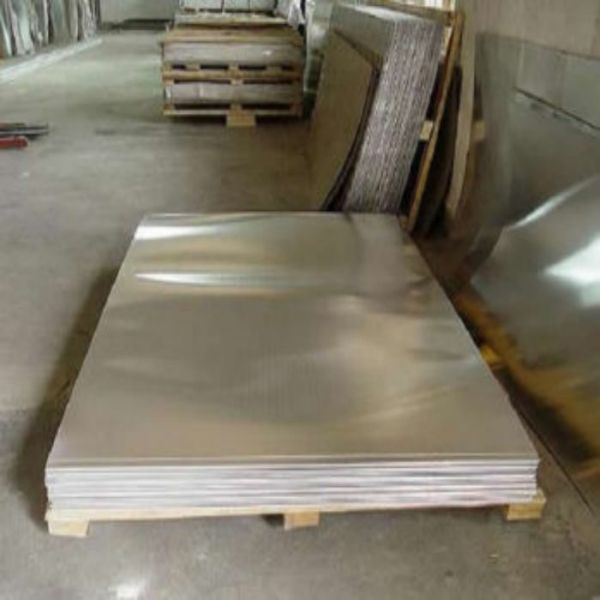How much does a 4x8 sheet of aluminum weigh?
08-20-24
When it comes to materials used in construction, manufacturing, or any project that requires lightweight yet durable materials, aluminum often stands out as a top choice. Its versatility, corrosion resistance, and relatively low weight make it an ideal material for a wide range of applications. However, the exact weight of an aluminum sheet can vary depending on several factors, including its thickness, alloy composition, and whether it is coated or uncoated. In this article, we'll delve into the specifics of determining the weight of a 4x8 sheet of aluminum, focusing primarily on standard thicknesses commonly used.
1) Aluminum Sheet Dimensions Explained
First, let's clarify the dimensions we're discussing: a 4x8 sheet of aluminum refers to a sheet that measures 4 feet in width and 8 feet in length. This size is commonly used in various industries due to its manageability and ability to cover a significant area with minimal joints.
2) Factors Affecting Weight
● Thickness: The most significant factor influencing the weight of an aluminum sheet is its thickness. Thicknesses can range from very thin foil-like sheets used for packaging to thicker plates suitable for structural applications. Commonly available sheet thicknesses include 0.016", 0.032", 0.040", 0.063", 0.090", and thicker, depending on the application.
● Thickness: The most significant factor influencing the weight of an aluminum sheet is its thickness. Thicknesses can range from very thin foil-like sheets used for packaging to thicker plates suitable for structural applications. Commonly available sheet thicknesses include 0.016", 0.032", 0.040", 0.063", 0.090", and thicker, depending on the application.
● Alloy: The type of aluminum alloy also plays a role, though this impact is generally less significant in terms of weight variation compared to thickness. Different alloys have varying densities and strength-to-weight ratios, but for general-purpose sheets, the difference in weight between alloys is often negligible.
● Coatings: If the aluminum sheet is coated with paint, anodizing, or other finishes, it can slightly increase the overall weight. However, this increase is usually minimal and often not a primary consideration when calculating sheet weights.
3) Calculating The Weight
● To calculate the weight of a 4x8 sheet of aluminum, you'll need to know its thickness in inches and the density of the aluminum alloy, typically around 2.7 g/cm³ (or 0.0975 lb/in³). Here's a simplified formula to help you estimate the weight:
Weight=(Length in inches×Width in inches×Thickness in inches)×Density in lb/in³
● For a 4x8 sheet (48" x 96"), let's calculate the weight using a common thickness of 0.063" (1/16") as an example:
Weight=(48 in×96 in×0.063 in)×0.0975 lb/in³
Weight=27.648 in3×0.0975 lb/in³
Weight=27.648 in3×0.0975 lb/in³ Weight≈2.69 lbsWeight≈2.69 lbs
● So, a 4x8 sheet of aluminum with a thickness of 0.063" (1/16") weighs approximately 2.69 pounds.
4) Conclusion
As you can see, the weight of a 4x8 sheet of aluminum varies significantly based on its thickness. Understanding these variations is crucial when planning projects that require precise material calculations, such as in construction, aerospace, or automotive applications. Keep in mind that actual weights may vary slightly due to manufacturing tolerances and the specific alloy used. Always refer to the manufacturer's specifications or consult with a material supplier for the most accurate information.








